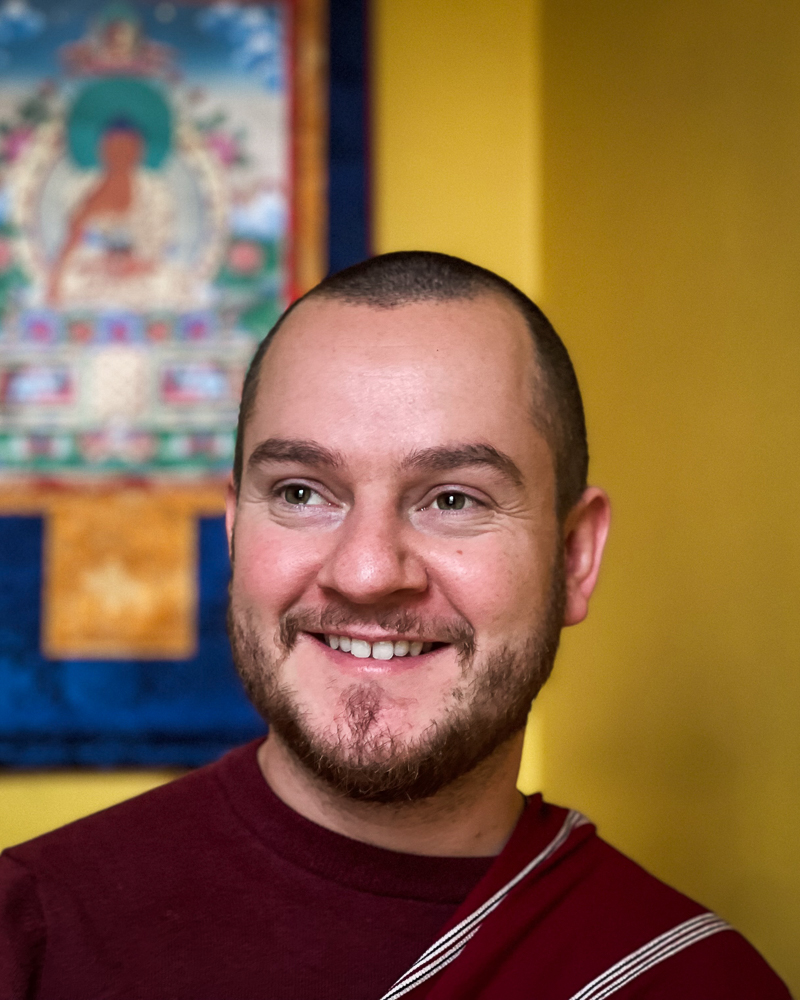The Buddha's Path:
Foundational Buddhist Study Programme
Module 5
Foundations of Buddhist Meditation II: Vipashyana and the Four Applications of Mindfulness
About Module 5
Foundations of Buddhist Meditation II
This Module is part of The Buddha’s Path (our foundational study programme).
In this module, we will be introduced to the four close applications of mindfulness, which form the foundation of Buddhist insight (vipashyana/vipassana) practice. These include mindfulness of the body, feelings, mental states, and mental objects.
Week 2: Mindfulness of Feelings
Week 3: Mindfulness of the Mind & Mental States
Week 4: Mindfulness of All Phenomena
Module 5: Foundations of Buddhist Meditation II: Vipashyana and the Four Applications of Mindfulness
Recordings & Resources
Meet the Host
Guiding your meditation experience

David Oromith
Buddhist Contemplative, Author & Meditation Guide
David is a Buddhist contemplative, meditation guide and retreat leader. He is the Co-Founder of Samadhi and author of the book A Practical Guide to Mindful Living: Five Ways to Restore Presence and Calm Amidst Challenge & Change. He has received non-monastic ordination in the Tibetan Buddhist tradition and teaches workshops internationally, leads retreats across the UK and runs classes locally.
David is a follower of the rimé (non-sectarian) approach, recognising the value and benefit of multiple points-of-view, with teachers in all four schools of Tibetan Buddhism. His primary teacher is Lama Alan Wallace, who is also rooted in a non-sectarian approach, with particular close affiliation with the Gelug and Nyingma schools and the Dudjom lineage.
David discovered meditation & Buddhism through his experience of depression and suicidal thoughts and is passionate about helping people take back control of their mental wellbeing, work with their thoughts and feelings, and discover genuine wellbeing and joy within. Read more.
